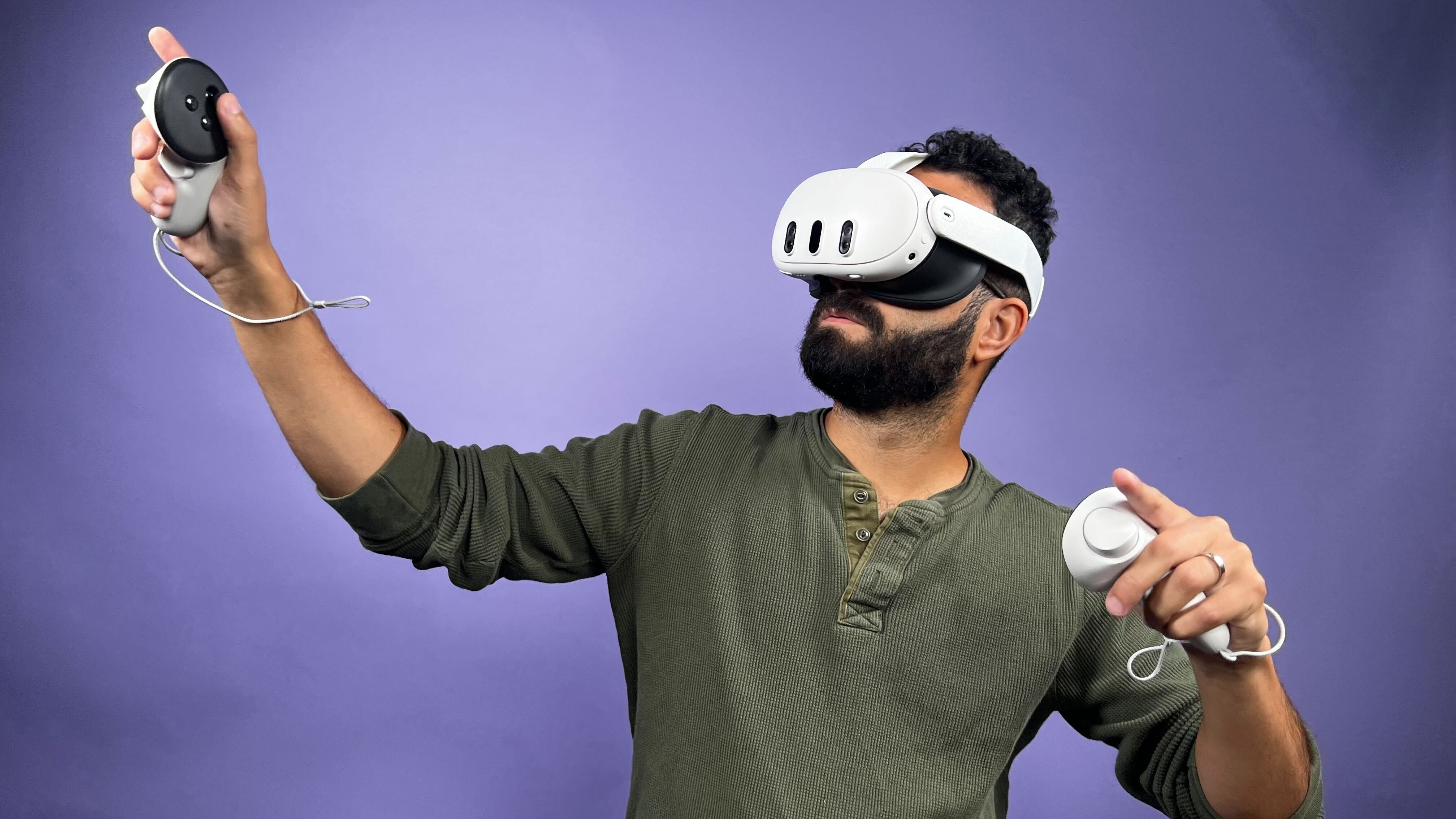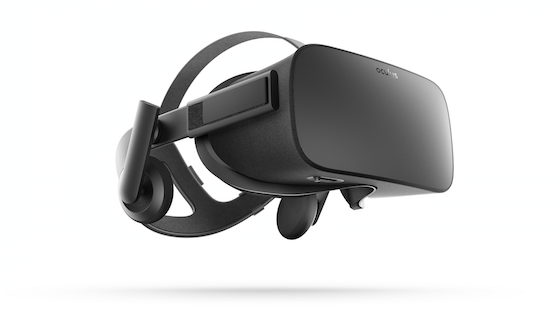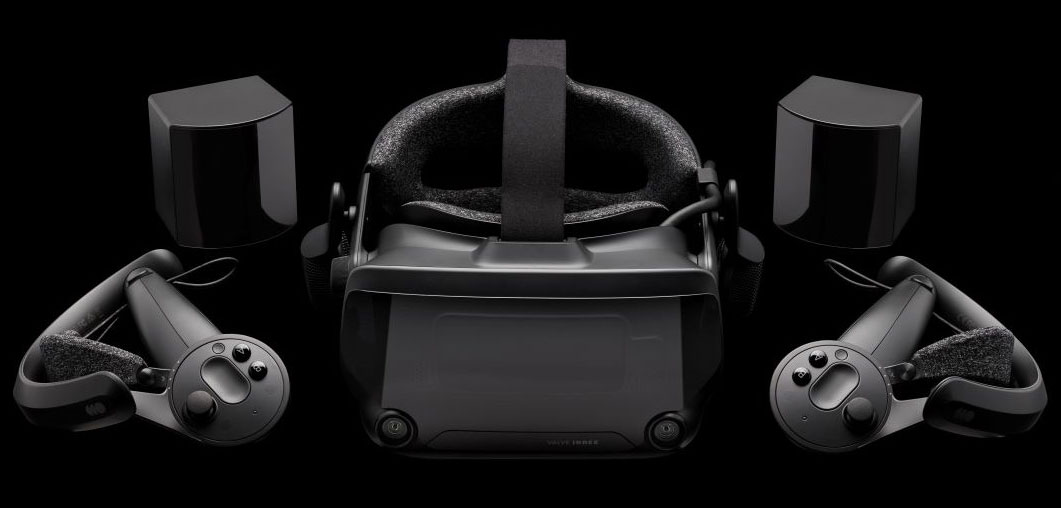A decade after buying Oculus VR, Meta's Reality Labs' losses are spiralling out of control, with no end in sight
$10 billion loss in 2020, $16 billion loss in 2023—and it's only going to get worse, says Meta.

Despite producing one of the best VR headsets around, the Quest 3, Meta's Reality Labs division just isn't making any money. Nearly $2 billion of revenue in 2023 was completely swallowed by $18 billion of expenditure, leaving Mark Zuckerberg's dream of the metaverse facing a loss of $16 billion. And the CEO has said that the losses will continue to worsen for the foreseeable future.
Meta's virtual reality woes aren't a surprise, as the company routinely posts financial statements in which the revenues and operating profits (or losses) of each division are laid bare, for all to see. In a report by Yahoo Finance, the reasons for burning through almost $50 billion in four years aren't about technical development costs or cutting-edge research—the blame is laid squarely on a "lack of a clear vision and mismanagement."
In March 2014, an almost unthinkable event happened. Facebook, the social media platform that had long passed being cool and hip with the kids, purchased a virtual reality hardware company, Oculus VR, for $2 billion. At that point, Oculus VR had barely just released its first product, the Oculus Rift headset, and the acquisition was felt by some to be contrary to the nature of Kickstarter, the crowdfunding project that paid for the hardware's development.
By the time Facebook had fully integrated Oculus VR into its folds and rebranded it all as Facebook Reality Labs in 2020, the division was burning through cash—the popularity of the Oculus Quest 2 headset (now known as the Meta Quest 2) gave rise to an annual revenue of just over $1 billion. Even by the standards of the tech world, that was an impression sum of money.
However, in the same year, Reality Labs had spent a little under $8 billion, giving the whole division an operating loss of $6,600,000,000. That figure was worse in 2021 ($10b loss), 2022 ($10.1b loss), and in 2023 ($13.6b loss). According to Yahoo Finance, Meta is estimated to have already lost between $8.4 and $8.8 billion so far in 2024.
This time last year, Meta's chief financial officer issued a warning in its Q2 financial report that "for Reality Labs, we expect operating losses to increase meaningfully year-over-year due to our ongoing product development efforts in augmented reality/virtual reality and investments to further scale our ecosystem."
But how exactly does one turn around from having an operating loss multiple times the size of the revenue? And even if Reality Labs starts making a profit next year, shareholders are unlikely to be happy with the amount of expense accrued just to get to that point.
Keep up to date with the most important stories and the best deals, as picked by the PC Gamer team.

According to the people interviewed by Yahoo Finance, Meta's Reality Labs has been a scene of chaos, with "chain of command reorganizations…every three to six months" and a "lack of understanding of the technology [which] often led to tension between new managers and the existing staff."
At the moment, Meta has four AR/VR products on the market—Quest 2, Quest 3, Quest Pro, and Ray-Ban Meta smart glasses. It's claimed, though, that in the past, Meta had 24 hardware products on an 18-month schedule, which seems like a ludicrous number of devices to develop, streamline, and support.

Best VR headset: which kit should you choose?
Best graphics card: you need serious GPU power for VR
Best gaming laptop: don't get tied to your desktop in VR
It's probably not helped that Meta spent an undisclosed amount of money developing its own chips to use in AR and VR products, before deciding to switch to Qualcomm processors in 2021—apparently to the fury of its engineers. And over the years, Meta has lost some of its key figures in VR, such as Oculus co-founder Nate Mitchell and legendary game developer John Carmack, leaving in 2019.
How much longer Meta is willing or able to sustain such losses is unknown but its share price is almost as high as it has ever been, so the market doesn't seem overly concerned at the moment. Given how much Zuckerberg has invested himself in all things augmented and virtual when it comes to reality, I can't see Meta shutting down or selling off its Reality Labs just yet, but there's no infinite pot of gold to keep things afloat.
So don't be too surprised if it turns out that Meta's excellent Quest 3 headset is the last VR hurrah for its Reality Labs.

Nick, gaming, and computers all first met in the early 1980s. After leaving university, he became a physics and IT teacher and started writing about tech in the late 1990s. That resulted in him working with MadOnion to write the help files for 3DMark and PCMark. After a short stint working at Beyond3D.com, Nick joined Futuremark (MadOnion rebranded) full-time, as editor-in-chief for its PC gaming section, YouGamers. After the site shutdown, he became an engineering and computing lecturer for many years, but missed the writing bug. Cue four years at TechSpot.com covering everything and anything to do with tech and PCs. He freely admits to being far too obsessed with GPUs and open-world grindy RPGs, but who isn't these days?

